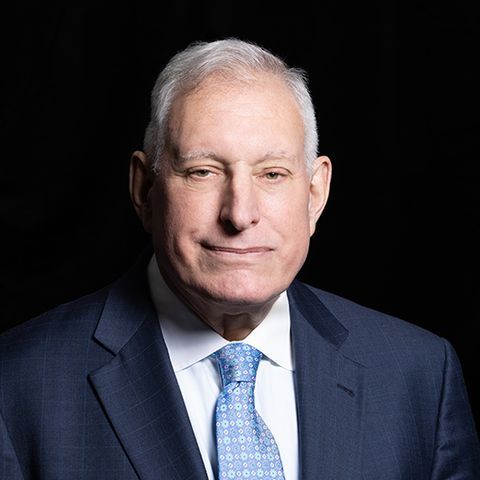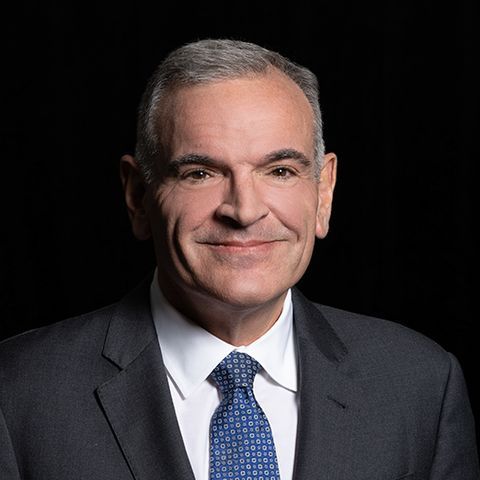Alerts
DOL Fiduciary Rule: Update for Fund Managers
February 9, 2017
Although the U.S. Department of Labor’s (DOL) new Fiduciary Duty Rule is set to become effective on April 10, 2017, President Trump has taken action that may delay and possibly prevent the rule from becoming effective. On Feb. 3, 2017, President Trump signed a presidential memorandum that directs the secretary of the DOL to reanalyze the economic and legal impact of the Fiduciary Duty Rule. In particular, the DOL is directed to consider:
- Whether the anticipated applicability of the Fiduciary Duty Rule has harmed or is likely to harm investors due to a reduction of Americans’ access to certain retirement savings offerings, retirement product structures, retirement savings information or related financial advice;
- Whether the anticipated applicability of the Fiduciary Duty Rule has resulted in dislocations or disruptions within the retirement services industry that may adversely affect investors or retirees; and
- Whether the Fiduciary Duty Rule is likely to cause an increase in litigation, and an increase in the prices that investors and retirees must pay to gain access to retirement services.
Importantly, the memorandum does not set forth an actual delay of the Fiduciary Duty Rule, although a prior draft of the memorandum provided by the White House to the media contained a 180-day delay. Accordingly, Acting U.S. Secretary of Labor Ed Hugler issued a statement a few hours following the release of President Trump’s presidential memorandum stating “[t]he Department of Labor will now consider its legal options to delay the applicability date as we comply with the President’s memorandum.”
And therein lies the conundrum. While it appears that the Trump administration has indicated its desire that the Fiduciary Duty Rule never become effective, hedge fund and private equity managers should continue to monitor developments, which may include a delay of the effective date of the Fiduciary Duty Rule. A delay could be accomplished by congressional or DOL action, or by judicial stay. A judicial stay would not only provide time for the various courts that have pending cases to render their decisions, but may also allow for a delay without comment.
Regardless of the approach, the future of the Fiduciary Duty Rule hopefully will become clearer in the coming days.
 For more information about the potential impact of the Fiduciary Duty Rule on investment funds, please view our SRZ Insights video.
For more information about the potential impact of the Fiduciary Duty Rule on investment funds, please view our SRZ Insights video.
Authored by David M. Cohen, Ian L. Levin and Melissa J. Sandak.
If you have any questions concerning this Alert, please contact your attorney at Schulte Roth & Zabel or one of the authors.
This information has been prepared by Schulte Roth & Zabel LLP (“SRZ”) for general informational purposes only. It does not constitute legal advice, and is presented without any representation or warranty as to its accuracy, completeness or timeliness. Transmission or receipt of this information does not create an attorney-client relationship with SRZ. Electronic mail or other communications with SRZ cannot be guaranteed to be confidential and will not (without SRZ agreement) create an attorney-client relationship with SRZ. Parties seeking advice should consult with legal counsel familiar with their particular circumstances. The contents of these materials may constitute attorney advertising under the regulations of various jurisdictions.



